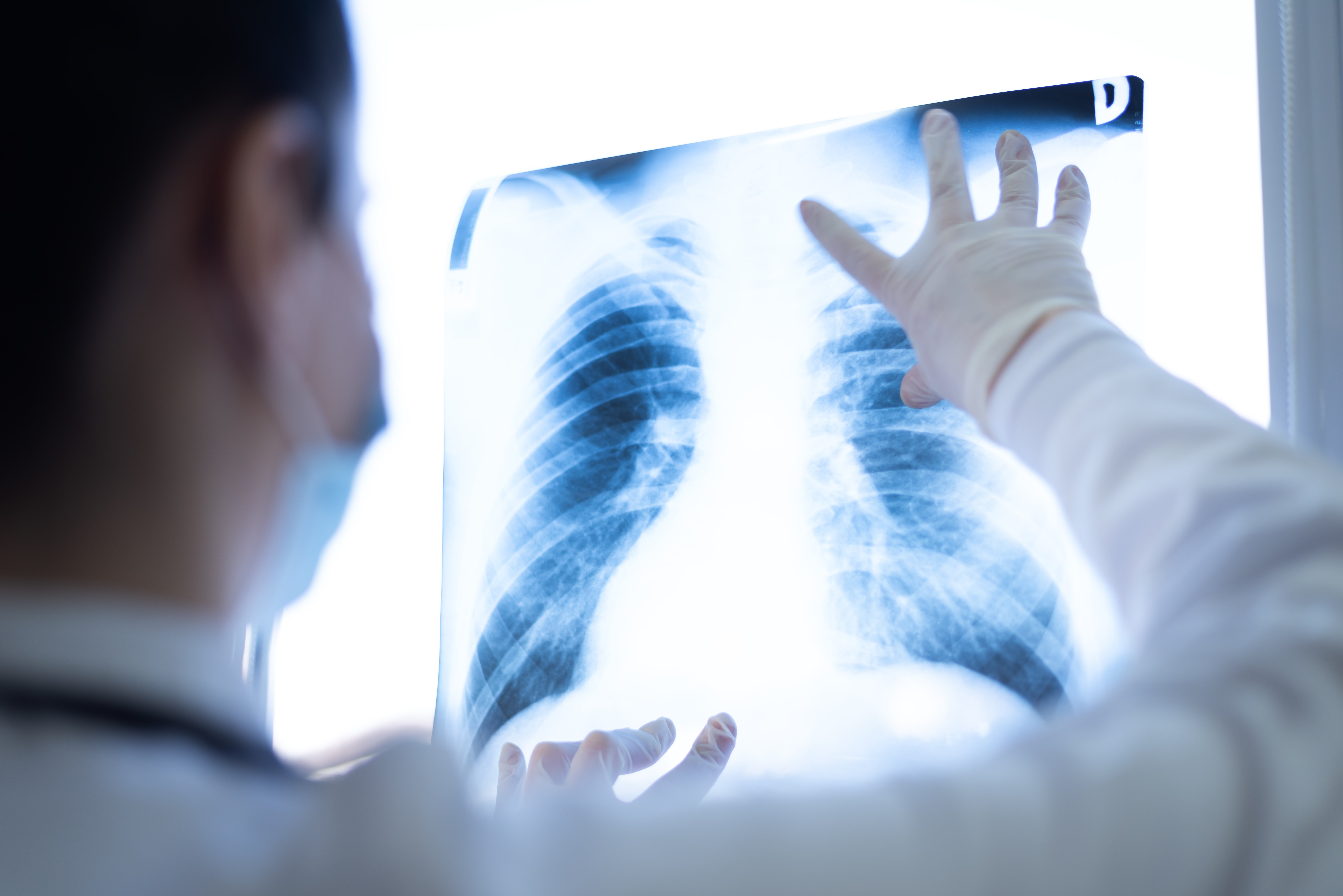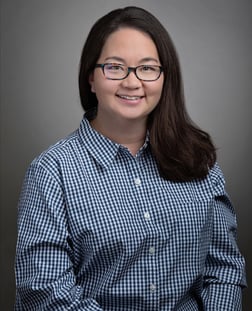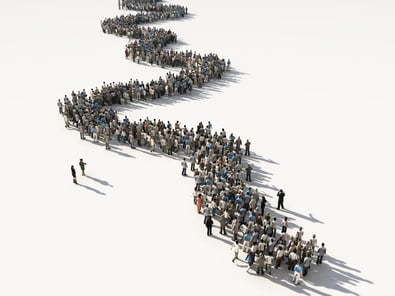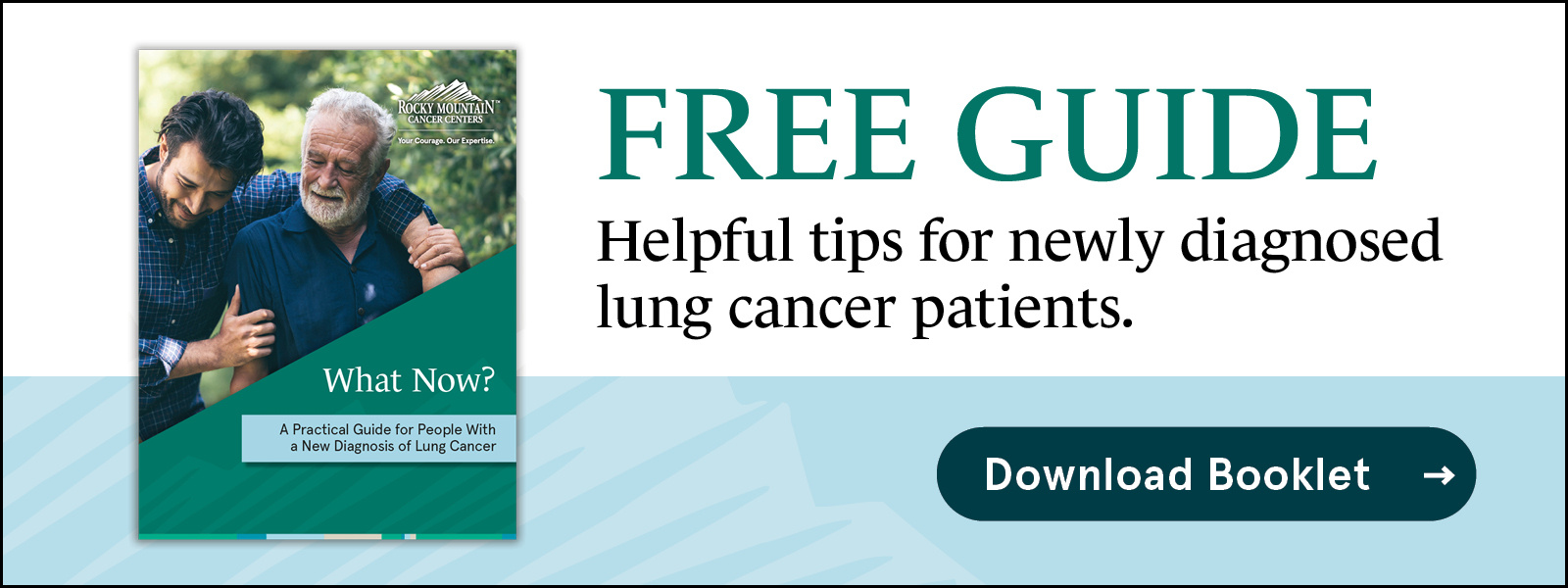What Are Symptoms of Lung Cancer?
4 min read

Dr. Eiko Browning urges renewed vigilance to spot symptoms of lung cancer and reduce cancer risk.
What Are Common Lung Cancer Symptoms?
 When we asked Dr. Eiko Browning, an oncologist at Rocky Mountain Cancer Centers, “what are the symptoms of lung cancer?” her answers were far from surprising. If these symptoms arise, it’s important to see your doctor:
When we asked Dr. Eiko Browning, an oncologist at Rocky Mountain Cancer Centers, “what are the symptoms of lung cancer?” her answers were far from surprising. If these symptoms arise, it’s important to see your doctor:
- Fatigue
- Cough without recent viral or bacterial infection such as the flu, a cold or Covid.
- Chest pain
- Bone pain
- Shortness of breath
Read more about lung cancer signs and symptoms.
In addition to these more common signs of lung cancer, there are numerous surprising lung cancer symptoms that are worth watching for. There are also differences between early symptoms and advanced symptoms of lung cancer.
Still, Dr. Browning cautions that when lung cancer causes observable symptoms it’s usually pretty advanced. Since the symptoms of lung cancer often aren’t apparent in the early stages, Dr. Browning encourages people to, “listen to your body.” It’s a suggestion that can be lifesaving for some cancer patients. “See your primary care physician if you’re concerned about something, consider further investigations,” Dr. Browning says.
“Lung cancer is much more treatable if it’s caught early,” she continues. “The earlier it’s caught, the more curable it is.”
When is Lung Cancer Screening an Option?

Unlike some types of cancers – breast cancer or colon cancer, for example – regular lung cancer screening is not recommended for everyone. The U.S. Preventative Task Force recommends:
- Yearly lung cancer screening for individuals 50 to 80 years old who smoked a pack of cigarettes per day for 20 years or more.
- Screening is not recommended for non-smokers unless they display symptoms of lung cancer.
- Screening is not recommended for smokers who quit more than 15 years ago.
Getting Back to Regular Screening Schedules
The coronavirus pandemic slowed down the pace that people got screened for lung cancer. This means more people got to the point of experiencing symptoms.
Find out of lung cancer screening is right for you.
“Across the country, preventive cancer screenings plummeted by as much as 94% during the first four months of 2020,” ProPublica reports in A Crisis of Undiagnosed Cancers Is Emerging in the Pandemic’s Second Year.
“Unfortunately, Covid became an obstacle for getting medical treatment and cancer screenings,” Dr. Browning explains, encouraging everyone to renew their commitment to preventative medical care. “People need to get back to routine health maintenance.”
“At RMCC we have been encouraging patients and primary care physicians to get people back to cancer screening, to facilitate early detection and treatment,” Dr. Browning says.
While choosing a smoke-free lifestyle and making healthy choices is imperative for preventing lung cancer on an individual level, there’s another important aspect of lowering cancer rates that may surprise you: addressing poverty, obstacles to healthcare, and health equity within our society.
“We’re learning so much about social determinants of health,” Dr. Browning explains. “Poverty is associated with a lower quality diet, more tobacco use, lack of access to healthcare, and contaminated air and water. So much needs to be done in terms of health equity, racial disparities, and health insurance coverage for everyone.”
Read more about lung cancer risk factors and what you can do to lower your risk.
To this end, another inadvertent byproduct of the pandemic is that new initiatives are springing up to address the issue of healthcare disparities in the U.S. For example, Rocky Mountain Cancer Centers’ Dr. Mabel Mardones participated and presented at the inaugural “Getting Our Fair SHARE: 2021 Conference to End Health Disparities” in June. Efforts like this benefit from the involvement of the medical community, policymakers, elected officials – and ordinary Americans.
There are many ways individuals can get involved in increasing health equity, starting by identifying groups that work to address health inequities in your area and supporting their efforts with volunteer time, donations, or community outreach. Some good places to start are the Colorado Equity Alliance or the Colorado Office of Health Equity.
If you or a loved one was diagnosed with lung cancer, request an appointment with one of our specialists throughout Colorado.

